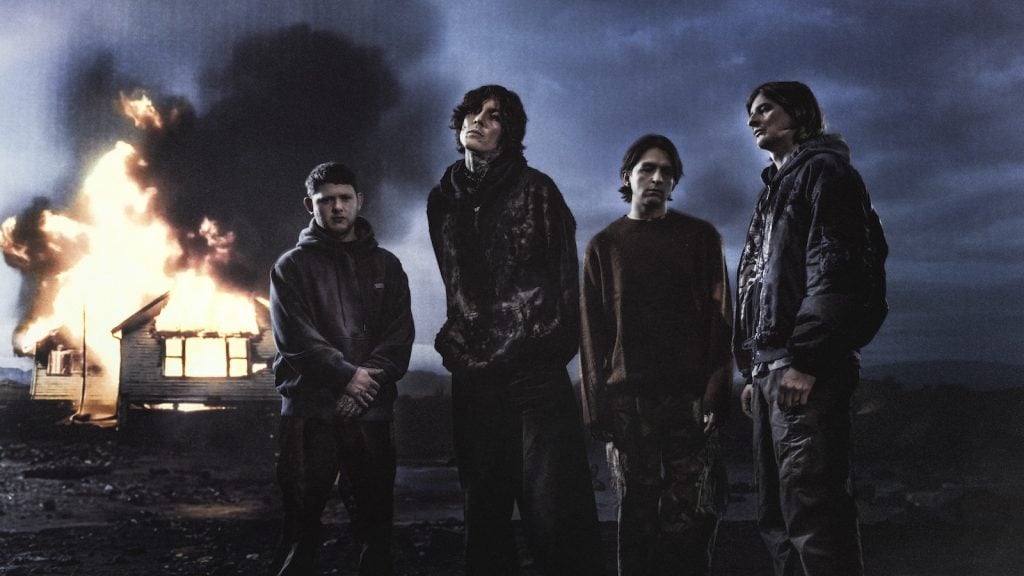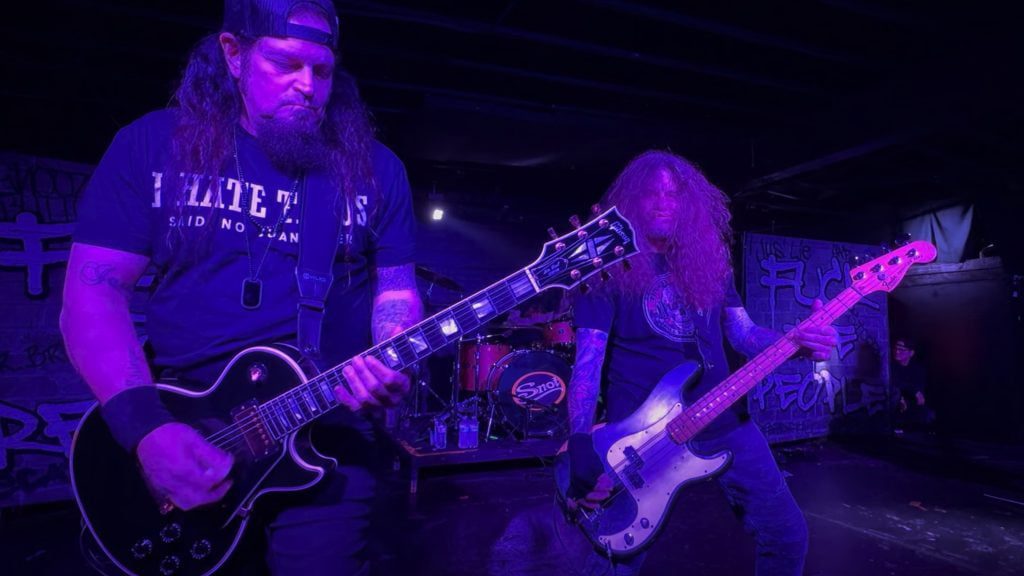
Oasis and Black Sabbath are filling stadiums. But where’s the next wave of working-class rock stars? | Dan Cave
Britain, this summer at least, is going ballistic for the biggest bands from back in the day. The jubilance for the coming-back-together of Oasis and Black Sabbath is understandable. These acts are legends born from Britain’s working class.
The reunion of Noel and Liam Gallagher has caused most excitement. Ever since the Britpop brothers announced themselves with their 1994 debut Definitely Maybe, their anthemic sounds have become part of the UK music canon. Wonderwall is an unofficial national anthem of sorts, one belted out after rounds of beers. With the Manchester indie rockers’ first shows in 16 years, more than 1 million fans will feel justified in splashing out about £766 on average (tickets, travel, hotels) in a total projected to crest £1bn.
The prime minister has even joined in with the celebration, promising to tackle ticket-pricing problems. For those who were priced out or who couldn’t get tickets, the culture industry has sagely transformed into Nostaliga Inc around the gigs. There’s an Oasis photo exhibition in Manchester, while Birmingham Museum and Art Gallery is celebrating Ozzy Osbourne all summer long, aligning with the Prince of Darkness’s farewell gig at Villa Park. The city centre pub where the heavy metal pioneers learned to gig has been trussed up with Sabbath photos. A local brewery has even created a Sabbath beer.
But look a bit closer and the pub covered in Sabbath images, the Crown, remains functionally derelict, owned by developers. In 2023, 125 grassroots gig venues closed. Last year, 43.8% reported an operating loss. Just 11 of the 34 venues that Oasis played on their first tour exist today. Moneyspinning stadium concerts are in rude health, sure, but other venues?
Yet the UK has the third-largest domestic music market in the world – so how did we get here? Landlords and developers play a central role. Rents are rising, venues are being served with eviction notices, and developers are refusing to use historic cultural assets for their intended purposes. Noise complaints against venues are also rising as apartments shoot up around them. Lack of public money, too, plays a part. The Crown was, at one stage, in line for a Birmingham council loan to help put it back into use, but the authority is broke and withdrew.
Elsewhere, Night Time Industries Association data shows the rising cost of living is stopping punters going out. Increasingly, we spend on one-off big events, such as this summer’s legends’ gigs. Live Nation Entertainment, which owns Ticketmaster, sells tickets for such gigs and made $22.7bn in 2023.
Without the smaller venues and gigs, where will we discover the next great acts? And just as importantly, where will they earn a living? In an era dominated by streaming, which pays out less than a penny per play, diversified income is a must. Touring, important for name-making and earning, is increasingly unaffordable for those who come from the same class backgrounds as Ozzy and the Gallaghers. A musicians’ census in 2023 found that almost half earned under £14,000 a year. Working-class representation in the arts as a whole has halved since Sabbath’s heyday. Noel Gallagher has questioned where the next working-class rock stars will come from. They can’t afford guitars, he says.
The government admits, at least, there are serious issues, not least with equitable class access. But arts funding is largely static, despite discussion of a levy on arena and stadium gigs to keep breathing life into the smaller venues that help all artists starting out. In a topsy-turvy manner, the ageing legends part of the ecosystem is in rude health while younger talent ails.
Leftwing critic Mark Fisher would say that this is exactly where capitalism would lead us: the cancellation of anything new. The system doesn’t care, it just needs to sell us more things: dynamically priced gig tickets, pop-up shop merch or our own nostalgia. But this represents a cultural cul-de-sac, with new talent unable to make its way into the mainstream. Not if it’s working class, anyway.
This summer, regardless, more than a million Oasis fans will belt out the lyrics to songs such as Live Forever. Memories will be made that will last a lifetime. Just maybe, the gigs will inspire another generation to make music, and maybe – but hopefully definitely – we’ll be able to hear it.
-
Dan Cave is a freelance journalist and writer




